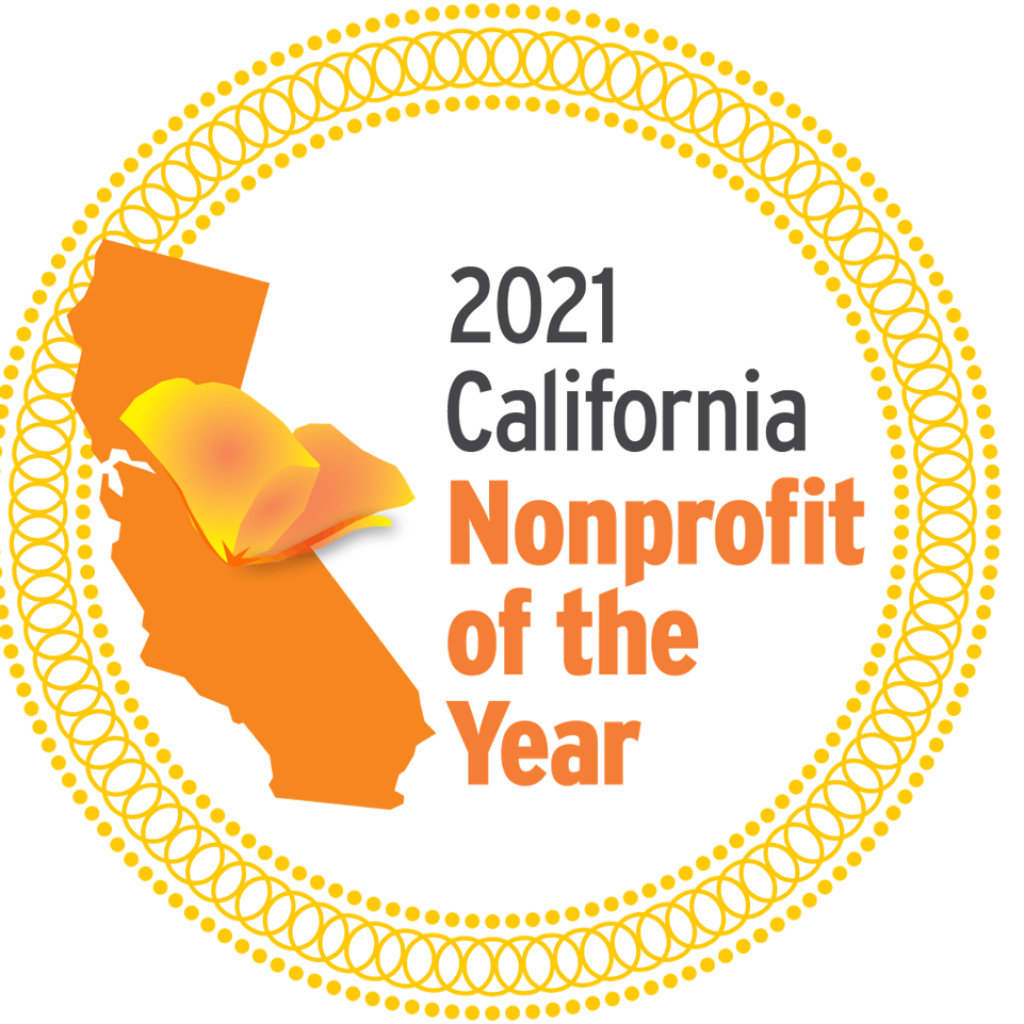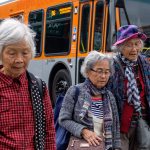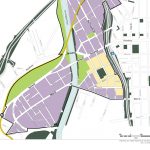The Southeast Asian Community Alliance (SEACA) has been selected as a 2021 California Nonprofit of the Year by Assemblymember Wendy Carrillo.
For almost 20 years SEACA has served youth and families in Chinatown and Northeast LA through intergenerational, multiethnic dialogue, leadership development, and community organizing. As COVID-19 surged last Spring, it posed a serious threat to the Chinatown community, one of the most low-income areas of Los Angeles. Recognizing the immediate need, SEACA organized mutual aid efforts, brought COVID-19 vaccinations to low-income seniors in Chinatown, and supported the most vulnerable in Chinatown with direct aid and advocacy.
SEACA is one of more than one hundred nonprofits that will be honored by their state representatives for their tremendous contributions to the communities they serve. “When the pandemic hit, we had to react quickly to support our community.” said Sissy Trinh, SEACA’s Executive Director. “Food deliveries, PPE, translation of public health information, whatever the community needed we jumped right in.”
“The pandemic and shelter-in-place orders of the past year and a half have put nonprofits – usually hidden in plain sight – in the spotlight,” explains Jan Masaoka, CEO of the California Association of Nonprofits (CalNonprofits). “California Nonprofit of the Year is an opportunity for our elected officials to celebrate the good work they see nonprofits doing in their districts, and for everyone to appreciate the collective impact of nonprofits in our communities.”
California Nonprofits Day, now in its sixth year, was formally recognized by 2021 Assembly Concurrent Resolution 80, authored by Assemblymember Luz Rivas, and co-authored by Senator Monique Limón. Each year legislators from across California have chosen a Nonprofit of the Year in their district.
“Being recognized by Assemblymember Carrillo is a huge honor for us,” added Trinh. During the past year and a half SEACA has distributed nearly $100,000 in cash assistance to low-income families, provided over 9,000 hot meals and produce bags, gave out thousands of packages of PPE, and worked with local officials to bring a pop-up vaccination site, staffed with interpreters in 5 languages, to Chinatown, vaccinating over 1,200 low-income seniors and residents with language and technology barriers.
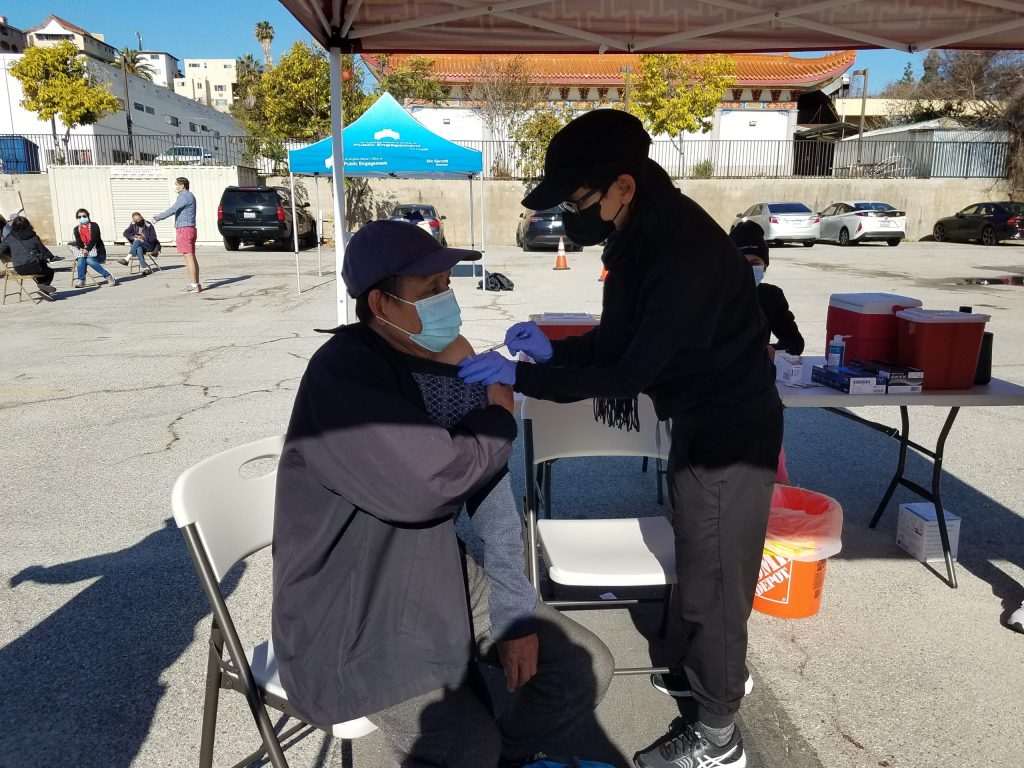
Vaccine Clinic 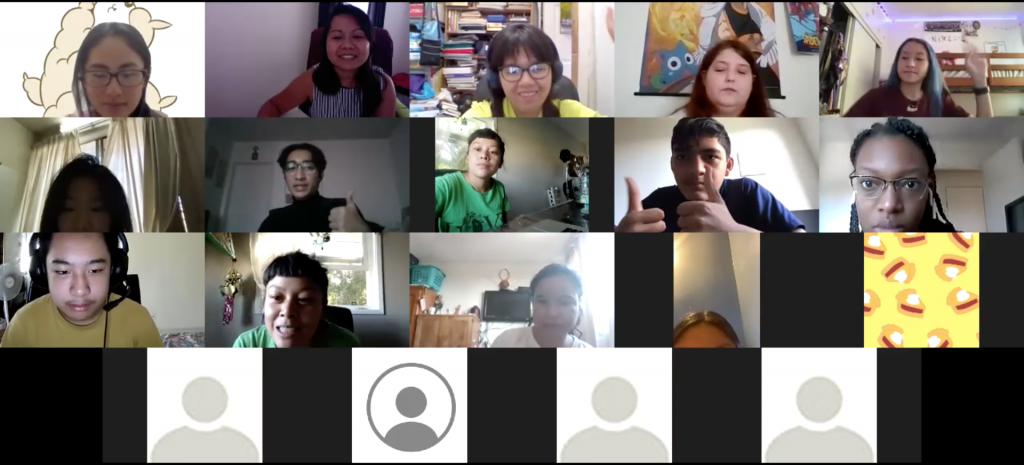
Youth Organizer 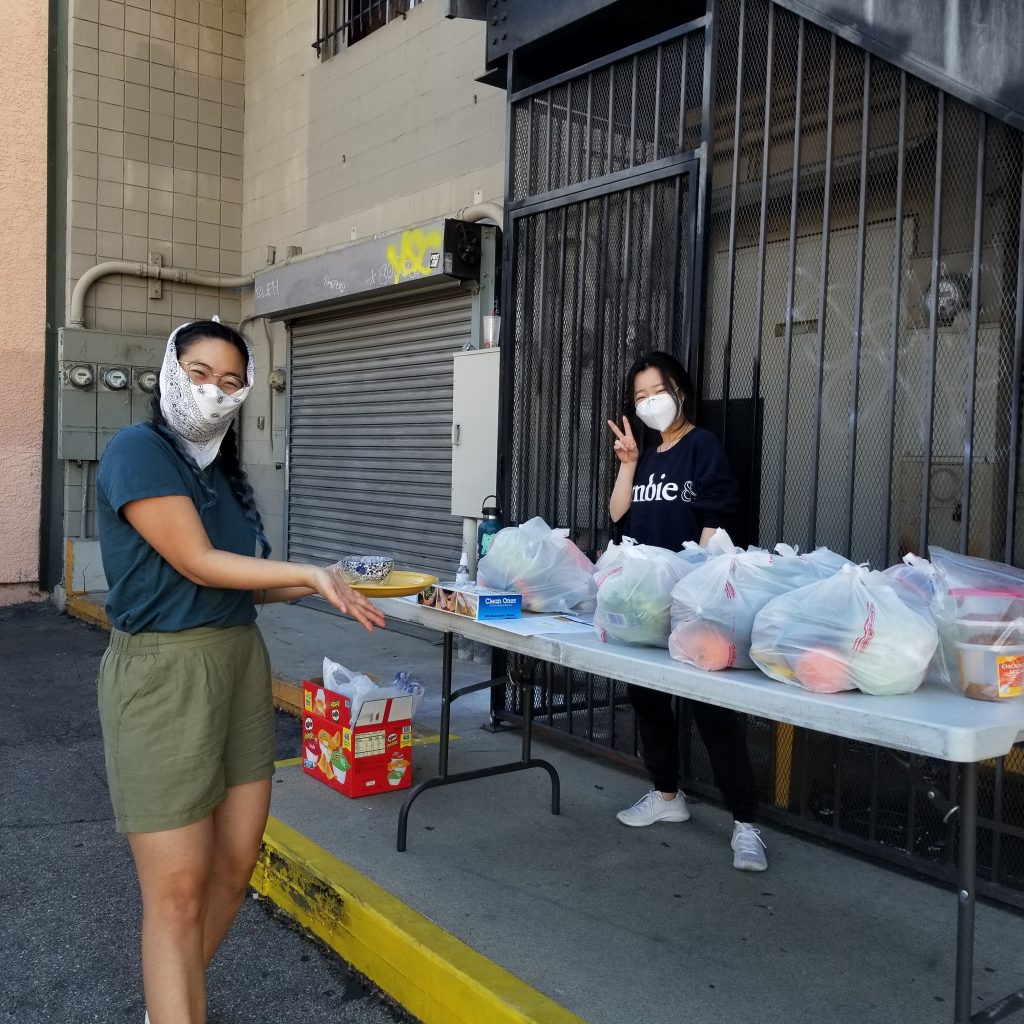
Mutual Aid
